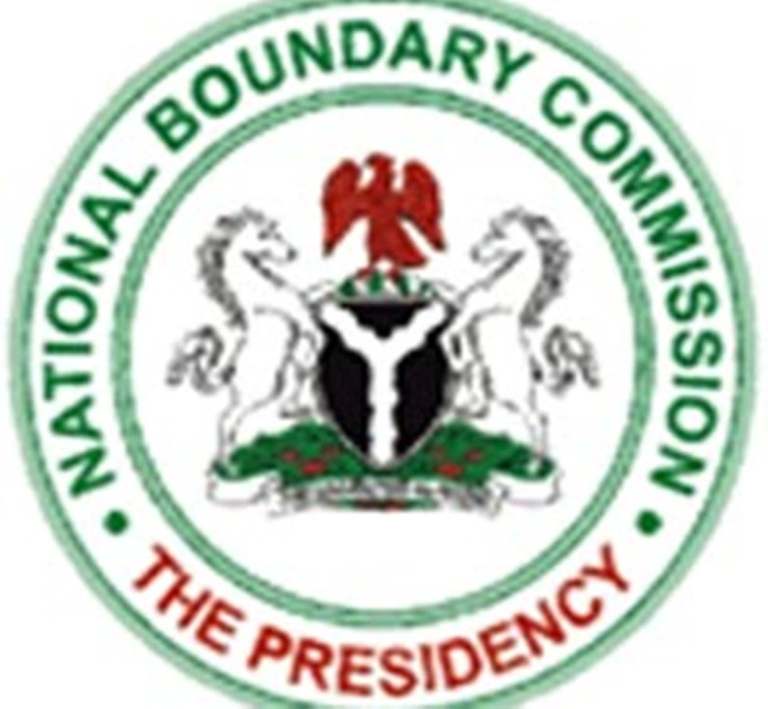|
Getting your Trinity Audio player ready...
|
The National Boundary Commission (NBC) says it is currently intervening in 86 interstate boundary disputes with the determination to create a peaceful atmosphere within the boundary corridors.
The Director-General of the Commission, Mr Adamu Adaji, made this known at the News Agency of Nigeria (NAN) Forum in Abuja.
Adaji reiterated the commission’s commitment to ensure a peaceful boundary regime among communities, states, and between Nigeria and its neighbouring countries.
“We have been intervening in them and we can say we have been able to resolve about 30 of these cases though in some cases not fully. “The resolutions may be partly, some grey areas are still pending and we will look into them as we make progress. “There are so many other boundaries that are still in dispute and we are trying our best to ensure that these disputes are reduced to the barest minimum by trying to resolve them as quickly as possible,’’ he said.
READ ALSO:
ANAMBRA GUBER: OBIANO has no anointed candidate(Opens in a new browser tab)
Abia govt threatens indefinite closure of Ngwa mkt over traders’ unrest(Opens in a new browser tab)
Abia govt reiterates commitment to ban open grazing of cattle(Opens in a new browser tab)
Adaji listed boundaries between Abia and Cross River, Abia and Akwa Ibom, Cross River and Ebonyi, Benue and Taraba, Benue and Ebonyi, Ebonyi and Enugu, Anambra and Kogi, Anambra and Enugu, Anambra and Abia as flashpoints.
“Some of them, we have made some progress and we are trying the much we can to see that these boundaries are resolved as quickly as possible.
“We want to have peaceful boundary regime among the communities, states, and good relationship between Nigeria and her neighbours. “We want people to nurture this idea of peaceful coexistence and appreciate what boundaries are meant for,’’ he said.
While disclosing the commission’s efforts to show limits through its integrated boundary management system, Adaji emphasised the need to demarcate the boundaries physically on ground to become visible.
According to him, the definition and demarcation of these boundaries physically on ground is important so that it can be very visible.
“Our vision is to ensure we have a very peaceful boundary regime to have people appreciating boundaries for what they are; there are near administrative arrangement to show limits.
“Over the years, we have been trying to define these boundaries in such a way that it can be understood but for people to appreciate it properly, it has to be physically established on ground.
“We have an integrated system of management of these boundaries and at the Federal level is the National Boundary Commission, boundary committees at the state and local government levels to determining the local government boundaries.
“They should work in synergy towards establishing and determining our boundaries and resolving all boundary issues that may arise. “The states have been cooperating so far but not without some obstacles. “There are some uncooperative attitudes from time to time occasioned by the communities’ resistance to some of our activities because of their wrong perceptions of what boundaries really should be. “So, we try as much as possible to sensitise these communities through the state boundary committees and local government boundary committees for them to buy into our activities and appreciate the extent and essence of boundaries generally,’’ he said.
Adaji said that the commission relied on instruments inherited from the colonial masters, records, gazettes, treaties, agreements, maps, chats, inscriptions among others to define the boundaries. “Where some of these instruments are deficient, we resort to the principle of ground to paper. “It is a principle we had to create whereby we go on ground and rely on the communities and the states to show us what is agreeable.
“We take it from the ground and transfer it to paper, try to make recommendations, analysis and description for government to accept as a boundary between affected communities and states as the case may be,’’ he said. (NAN)




